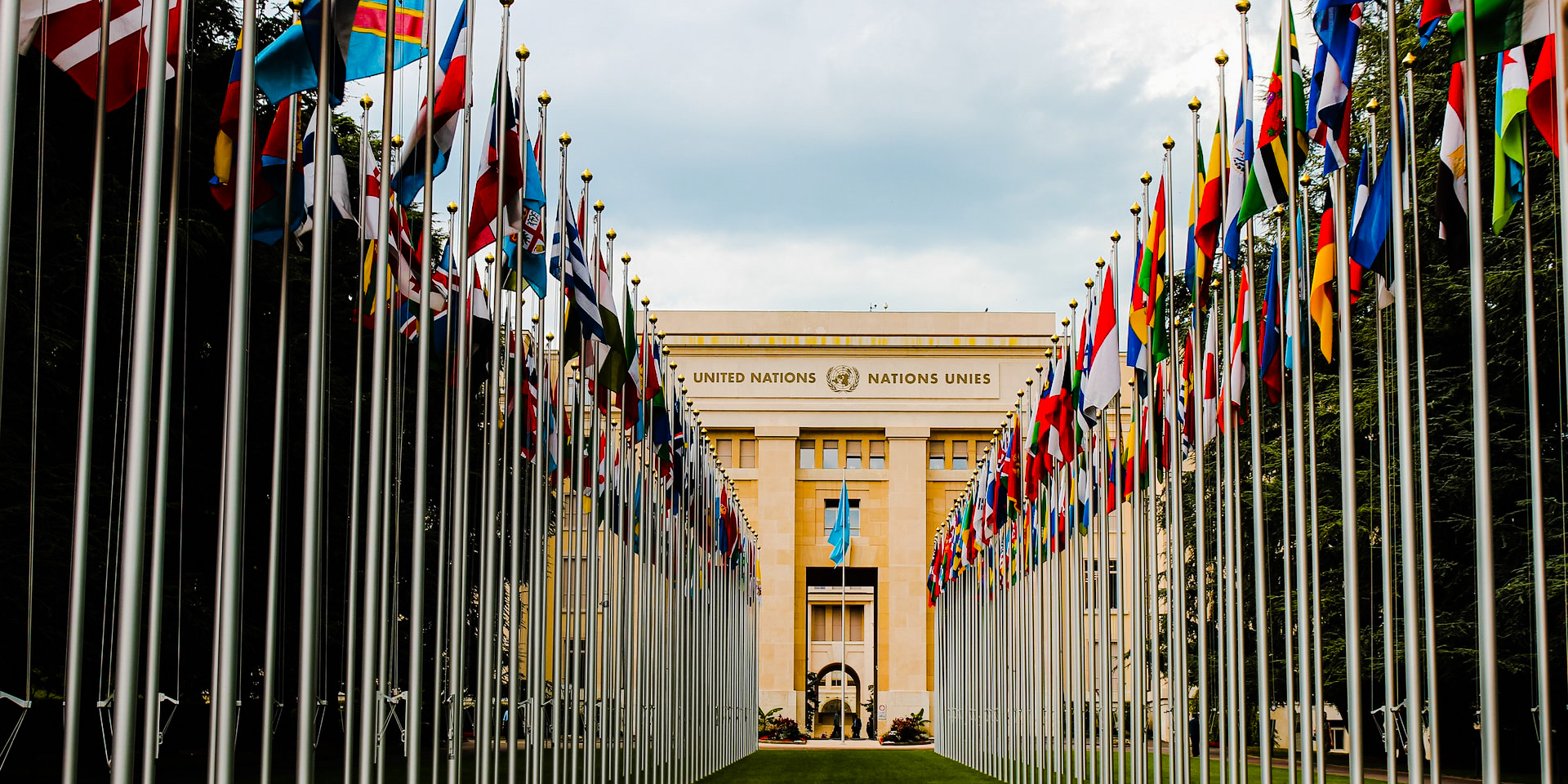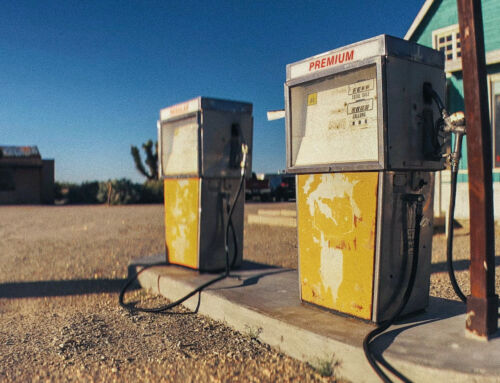View by Topic
Recent Articles
-
Congress Blocks California’s Gasoline Car BanSaturday, May 31st, 2025
-
EPA Will Keep Current Limits for “Forever Chemicals” in Drinking WaterSaturday, May 24th, 2025
-
Court Indefinitely Pauses SEC Climate Rule LitigationSaturday, May 17th, 2025
-
Maryland is About to Regulate Mold But is the Cart Before the HorseSaturday, May 10th, 2025
View by Month/Year
“Green Building Law Update” Headlines
Recent Articles & News from
Stuart Kaplow’s blog
at GreenBuildingLawUpdate.com
- Congress Blocks California’s Gasoline Car Ban: A Legal and Policy Analysis June 1, 2025
- EPA Will Keep Current Limits for “Forever Chemicals” in Drinking Water May 25, 2025
- Court Indefinitely Pauses SEC Climate Rule Litigation May 18, 2025
- Maryland is About to Regulate Mold: But is the Cart Before the Horse? May 11, 2025
Subscribe to the Green Building Law Update!
Stuart Kaplow brings his expertise and extensive experience to the table with his unique digital publication, "Green Building Law Update". Subscribers receive regular updates to keep them informed about important issues surrounding Environmental Law, Green Building & Real Estate Law, as well as the emerging demand for Environmental Social Governance (ESG).
Get fresh content through the lense of Stuart Kaplow's cutting-edge expertise, innovative commentary and insider perspective. Don't miss another issue! Subscribe below.

UN Human Rights Assessment of Uyghurs by China Drives ESG
We have blogged repeatedly that “the elimination of all forms of forced and compulsory labor” is a key element, if not singularly the most important principle of a business’s practices. That point was driven home with the release last Wednesday, by The United Nations Human Rights Office assessment of human rights concerns in China’s Xinjiang Uyghur Autonomous Region.
Released on her last day at the post, following a May fact finding trip to China, UN High Commissioner of Human Rights, Michelle Bachelet, said immediately after that trip, “allegations of patterns of torture, or ill treatment, including forced medical treatment and adverse conditions of detention, are credible, as are allegations of individual incidents of sexual and gender-based violence.”
In a strongly worded assessment at the end of the report, the UN body said that the extent of arbitrary detentions against Uyghurs and others, in the context of “restrictions and deprivation more generally of fundamental rights, enjoyed individually and collectively, may constitute international crimes, in particular crimes against humanity.” [Emphasis in original]
The report is downright scary, but an important read.
“The lawful rights and interests of workers of all ethnic groups in Xinjiang are protected and there is no such thing as ‘forced labour’,” China said in a rebuttal to the assessment, adding that there had been no “massive violation of rights”.
In the few days since the release of the damning assessment we have had an uptick in inquiries from U.S. businesses seeking to buttress their own anti forced labor and anti slavery policies.
Often when businesses have considered modern slavery they have not included forced labor imposed by state authorities. But as we suggested in a recent post, Do Something about Slavery in Your Business Supply Chain, such no longer passes muster in 2022, and such is not limited to Great Britain and Australia where modern slavery business practice disclosures are regulated by those governments and mandate including forced labor imposed by state authorities in those business practices.
A widely cited report by the Australian Strategic Policy Institute revealed that tens of thousands of ethnic Uyghurs were relocated to work in conditions suggestive of forced labor in factories across China. “Under conditions that strongly suggest forced labor, Uyghurs are working in factories that are in the supply chains of at least 83 well-known global brands in the technology, clothing, and automotive sectors, including Apple, BMW, Gap, Huawei, Nike, Samsung, Sony, and Volkswagen,” the think tank said in the introduction to its online report.
Media reports describe that Tesla was criticized and removed from one ESG index and scored lower on other ESG ratings in part because it opened a showroom on December 31, 2021, in Urumqi the capital of the Xinjiang Uyghur autonomous region.
Among the recommendations in the UN rights report, is for China to take “prompt steps” to release all individuals arbitrarily imprisoned in Xinjiang, whether in camps or any other detention center. And while China is all but certainly not going to conform its behavior in response to the report, government and business reactions will make continued bad behavior costly.
Homeland Security Secretary Alejandro Mayorkas recently made clear, “the United States will not tolerate modern day slavery in our supply chains,” and just last week enforcing the Uyghur Forced Labor Prevention Act U.S. Customs and Border Protection agents again blocked the import of solar panels, detaining a shipment containing silica-based products made by Xinjiang Uyghur autonomous region based Hoshine Silicon Industry Co. Ltd., or its subsidiaries.
Increasingly we are being asked to assist companies in adopting policies and practices that remove modern slavery from their business supply chain, as well as assisting companies that have received a questionnaire from an upstream business they supply. This is much more than simply having an anti slavery policy on a business website, and while the elimination of all forms of forced and compulsory labor is a key element of the S in ESG, the reputational risks for doing business in the Xinjiang Uyghur autonomous region are real, and for many, this moral imperative has become a priority.









